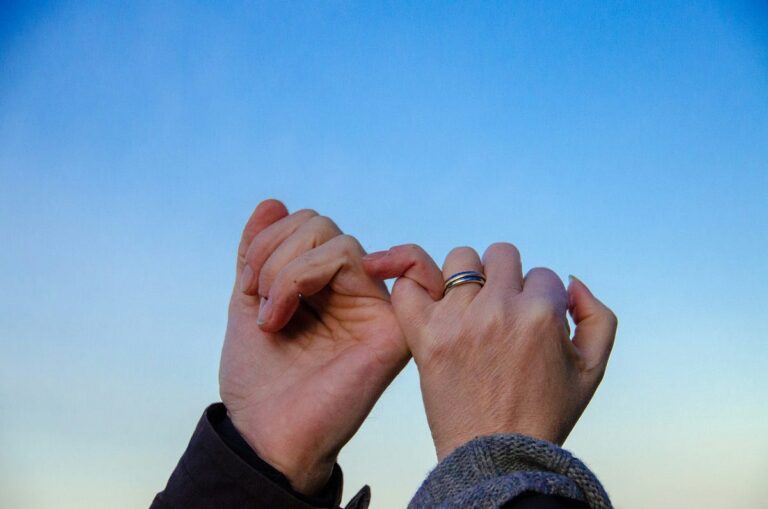Book Appointment Now
Self-Abuse: When You’re Forgiving Others but Hold a Grudge Against Yourself

Forgiving others but having problems forgiving yourself?
Have you ever realized that you might be too forgiving of others, but not as forgiving toward yourself?
You don’t give yourself room to make mistakes or to err in your life. It’s a situation where people do things that hurt you go against your values or cross your boundaries, yet you’re quick to forgive them. But when you make even the slightest mistake, you heavily criticize yourself, even when what you did can be corrected or has already been corrected. Life looks like this when you hold yourself to impossibly very high standards while letting others off the hook easily.
An example is if you’re in a relationship where your partner consistently forgets important dates or breaks their promises. You may find yourself quick to forgive them, making excuses like, ‘It’s okay, it’s not a big deal,’ ‘They’ve been busy lately,’ or some other justification for their actions. But when you forget to reply to a text or break a glass, you berate and criticize yourself for days, convincing yourself that you’re a terrible person.
To make it even worse, you may bring up things you did wrong years ago just to reaffirm how horrible you think you are.
It’s quite contradictory — you make a small mistake and label yourself as a terrible person, but when your friend does something huge like wrecking your car or your business partner squanders your investment, you don’t even step back; you just let them off the hook, even when they’ve done it multiple times.
There’s a huge imbalance in your forgiveness, and did you know that’s a form of self-abuse?
It’s like you’re carrying around an internal narcissist or abuser, always ready to lash out at you for the slightest mistake. Meanwhile, you’re handing out free passes to everyone else, even when they’ve genuinely hurt you or taken advantage of you. As a result, you start believing statements like ‘your empathy is a weakness,’ when in reality, the real issue is that your empathy has never included yourself.
So, here’s the thing: forgiving others without truly forgiving yourself has never been forgiveness at all, it is just a pseudo-form of forgiveness. It’s not authentic or complete. Let me explain with a simple analogy:
I want you to imagine your life as a beautiful garden with two sections. In one section, you allow other people — friends, family, etc. — to plant whatever they want. Even if they plant weeds, you don’t bother; you let it be, constantly saying, ‘It’s okay.’ To make it worse, in your own section of the garden, you’re ruthless, pulling out every beautiful or imperfect flower, criticizing every leaf, or finding fault with every aspect of it without really giving them the space to blossom.
So, what happens over time? The section where you allow others to do whatever they want becomes overgrown with weeds and all kinds of invasive species, potentially damaging the rest of the garden. At the same time, your section becomes barren and lifeless because you’ve never really watered it or given it the genuine care it deserves.
This is what happens when we forgive others but not ourselves: we allow them to potentially harm us, while at the same time piling more pressure on our fragile selves. This does more harm than good as it hurts both ways and the one who bears the weight is just you.
So, what’s the best alternative? It’s about maintaining a balanced garden, which starts with taking care of your section and not allowing others to plant their weeds in your space. This means setting healthy boundaries with others and giving yourself the grace to make mistakes and learn from them.
It’s about forgiving yourself and acknowledging the bitterness you carry deep within.
Forgiveness isn’t about pleasing others; it’s about looking inward and letting go of the heavy weight you keep holding onto — especially towards those you think you’ve forgiven and towards yourself.






